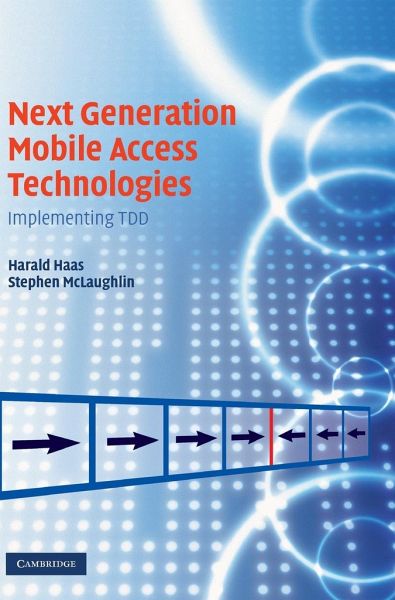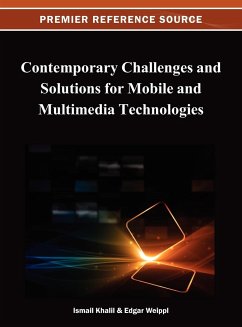
Next Generation Mobile Access Technologies

PAYBACK Punkte
45 °P sammeln!
Future generations of wireless networks will place great demands on the performance of radio access technology. This book describes the features of various mobile access technologies and assesses their strengths and weaknesses. In particular, it describes the underlying principles and practical implementation schemes for time division duplexing (TDD). The book begins with an overview of next generation wireless systems. It then describes the basics of duplex communication modes, interference in cellular systems, and multiple user access techniques. Focusing on TDD systems, dynamic channel assi...
Future generations of wireless networks will place great demands on the performance of radio access technology. This book describes the features of various mobile access technologies and assesses their strengths and weaknesses. In particular, it describes the underlying principles and practical implementation schemes for time division duplexing (TDD). The book begins with an overview of next generation wireless systems. It then describes the basics of duplex communication modes, interference in cellular systems, and multiple user access techniques. Focusing on TDD systems, dynamic channel assignment algorithms are discussed, as are multi-hop communications schemes, radio resource management, interference cancellation, and smart antennas. Real-world examples from UMTS, wireless LAN, and Bluetooth systems are described. The book is aimed at all those involved in the design and implementation of wireless systems, as well as at graduate students and researchers working in the area of wireless communications. For more information visit www.cambridge.org/9780521826228.














